Section 17
Bacterial Diseases of the Digestive System
By Boundless
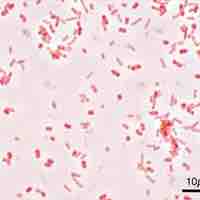
Gastroenteritis is characterized by inflammation of the gastrointestinal tract that involves both the stomach and the small intestine.
Staphylococcal toxins are a common cause of food poisoning, as they can be produced in improperly-stored food.
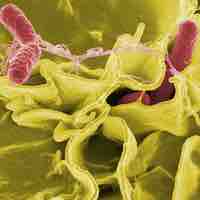
Salmonellosis is an infection by the Salmonella bacteria that results in diarrhea, fever, vomiting, and abdominal cramps.

Typhoid fever is a common, worldwide bacterial disease transmitted by Salmonella typhi, serotype Typhi.

Cholera is an infection in the small intestine caused by the bacterium Vibrio cholerae.
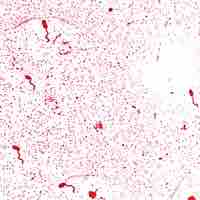
Vibrio is a Gram-negative bacteria possessing a curved rod shape (comma shape), several species of which can cause foodborne infection.
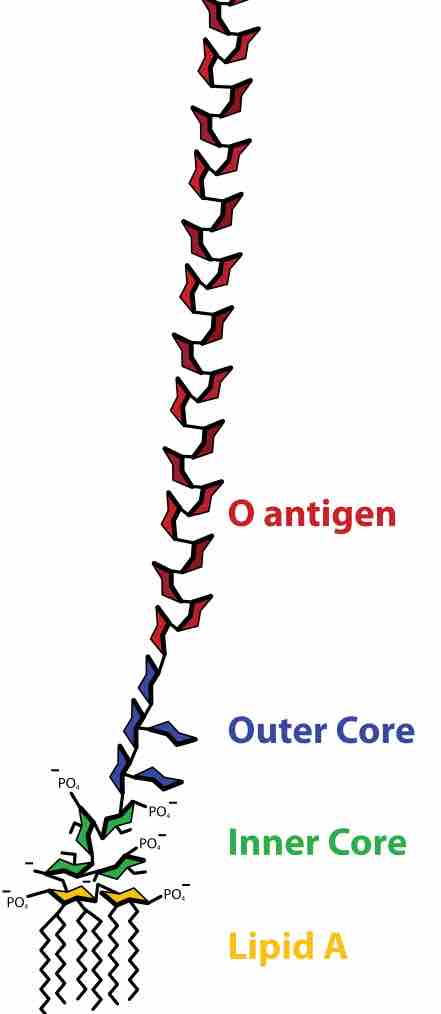
Most E. coli strains are harmless, but some serotypes are pathogenic and can cause serious food poisoning in humans and other species.
Campylobacter (meaning 'twisted bacteria') is a genus of bacteria that are Gram-negative, spiral, and microaerophilic.
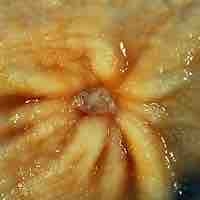
A peptic ulcer, also known as peptic ulcer disease, is an erosion in the wall of the stomach, duodenum, or esophagus.
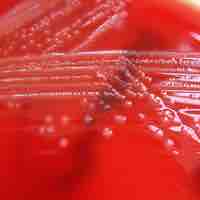
Listeriosis is a bacterial infection caused by a Gram-positive, motile bacterium called Listeria monocytogenes.